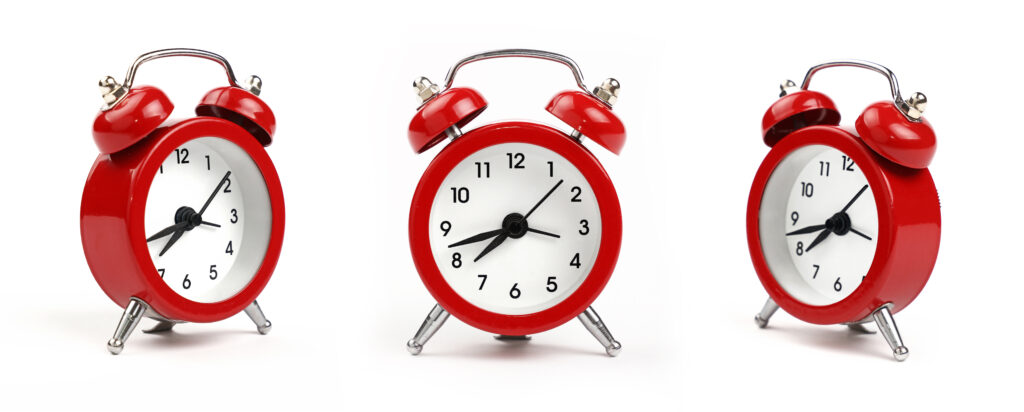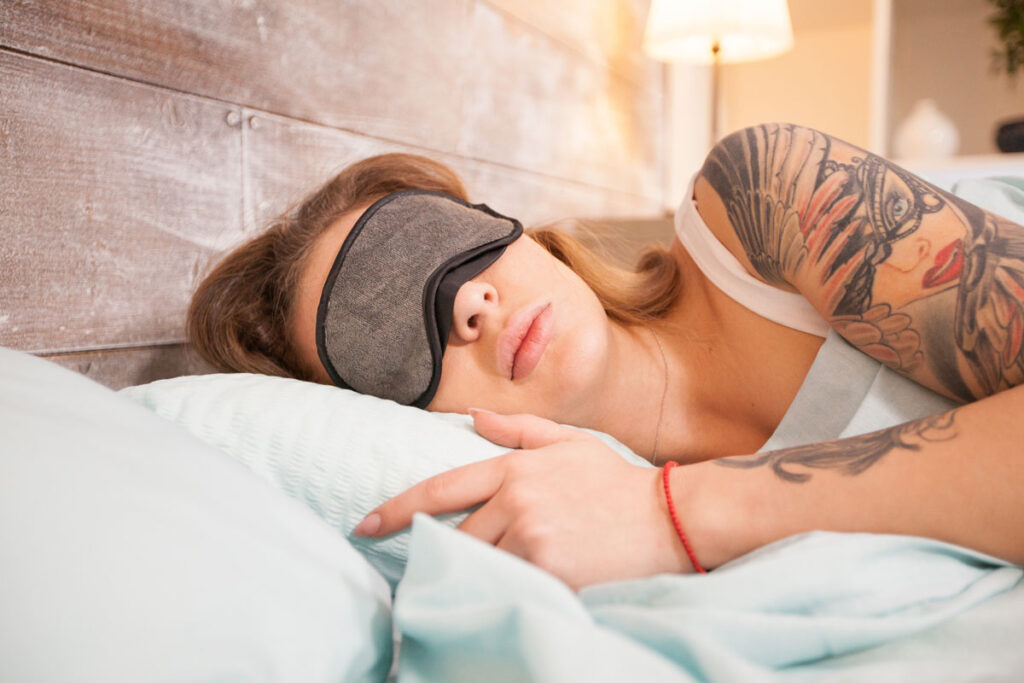We’ve all heard it before—sleep is important. But it goes far beyond just helping you feel rested or reducing how often you yawn throughout the day.
Why is sleep so important?
- It regulates your metabolism.
- It enhances cognitive performance—including focus, memory, and decision-making.
- It supports your immune system, helping you stay resilient against illness and chronic disease.
- As discussed in our article on the vagus nerve, the parasympathetic state is where your body can heal, repair, and regenerate. When you are sleeping this is the optimal time for this process to occur.
- When you’re sleep-deprived, your body produces more endocannabinoids, which stimulates your appetite and increases cravings. Increasing the likeliness for you to eat even without being hungry or thinking you are because you’re awake.
- And if you are eating just because you are awake, this will increase your insulin levels.
- One night of bad or no sleep increases LPS (Lipopolysaccharides) levels in your blood, a marker of inflammation.
- Even your gut bacteria need sleep! Just like you they have a circadian rhythm. You can check out our article about the gut microbiome on our education page to learn about its function and its importance to your overall health.
- Bad sleep patterns are inflammatory, and inflammation is the cause of most chronic diseases.

There are two key processes that work together to make you feel sleepy: your circadian rhythm and the homeostatic sleep drive (also known as sleep pressure). The circadian rhythm is your internal body clock that follows a roughly 24-hour cycle, while sleep pressure builds up the longer you’re awake, largely due to the accumulation of the neurotransmitter adenosine.
Fun Fact!
Do you know how caffeine in coffee actually keeps you awake?
It blocks the adenosine receptors, a neurotransmitter that regulates your sleep-wake cycles. By blocking those adenosine receptors, caffeine reduces feelings of drowsiness and helps you stay alert.

That’s the magic behind your morning cup of coffee, or your one at 3:00 pm.
Getting sunlight in the morning is one of the most effective ways to set your circadian rhythm, helping your body know when to be alert and when to wind down for sleep later in the evening.
Ideally, aim to get natural sunlight exposure within 30 to 60 minutes of waking. If you’re up before sunrise, turn on bright indoor lights to help signal your body to wakeup, and then step outside as soon as the sun comes up.
A fun term to know in the world of sleep science is Zeitgebers. Zeitgebers use external cues like sunlight, physical activity, and eating to signal the brain and help synchronize your circadian rhythm.
How to prepare for a restful night of sleep:
- Exercise at some point in the day for at least 30 minutes.
- Meditation and yoga have been known to help by calming the sympathetic nervous system and accessing the parasympathetic nervous system.
- Enjoy some chamomile tea before bed. Its soothing aroma and warmth not only helps you relax while its natural anti-inflammatory properties ease discomfort, making it easier to shift into that parasympathetic state.
- Make your bedroom cool and dark. Your body needs to drop in temperature by 1-3 degrees to fall and stay asleep effectively. Your body temperature increasing is one of the reasons you wake up.
- Avoid blue light exposure (phones, computers, TV) that will keep you up and awake. Watching blue light decreases the quality of your good sleep by blocking melatonin production.
- If you absolutely need melatonin, you don’t want to take more than 3 mg and about 1 hour before bed. This recommendation comes directly from sleep specialist Dr. Jeeten Jamnadas, MD. Melatonin is best used to help shift your circadian rhythm, like adjusting to different time zones. Taking it too often can cause your body to suppress its own production of this hormone.
And…you should look forward to sleep!
So do what you can to make the wind down process enjoyable and with purpose.
Note: You might feel very alert one hour before your natural bedtime. There are two points during the cycle of your circadian rhythm where you are most alert. The first one is late morning/noontime and the second is in early evening, 5pm-9pm. Don’t let this boost of energy confuse you into staying up later then you should.
Did you know there are 4 stages of sleep
- Stage 1 is the transitional period between waking and sleep and usually lasts around 5-10 minutes.
- State 2 is when your body temperature begins to drop and heart rate slows down. Sleep spindles can occur. This transition lasts about 20 minutes.
- Stage 3 is where the muscles start to relax and now blood pressure and breathing rate begin to drop. Stage 3 is where your deepest sleep occurs, and you are fully in the parasympathetic state. Getting into the parasympathetic state is so important to the health of your immune system, so you and it can function properly.
- REM sleep is the 4th stage. At this point the brain becomes more active, and dreams begin to occur. The physical body at this state becomes completely relaxed and immobilized.
Getting 7 hours of sleep each night is considered an optimal target for most adults, that sweet spot that supports physical and mental well-being.
But why exactly 7 hours? Research suggests that this duration allows the body and brain to go through the necessary sleep cycles we just discussed. Each of these sleep cycles has a time span of 90-120 minutes, equaling that total of 7 hours.
During this time, the body repairs tissues, consolidates memories, and maintains healthy brain function. Getting too little sleep can lead to cognitive decline, impaired decision-making, and emotional instability, while getting too much sleep could be linked to other health concerns.


It is normal though for your sleep needs to fluctuate with the changing seasons. During the summer months, when days are longer and you might be exposed to more natural sunlight, your body adapting to a slightly shorter sleep window, around 6 hours.
As the days get shorter and sunlight exposure decreases in the winter, your body’s internal clock, or circadian rhythm, shifts. In the winter months, your body tends to crave more sleep, and you may naturally find yourself needing closer to 7-8 hours of sleep to feel rested and refreshed.
By aligning your sleep schedule with these natural rhythms, you help support better overall health, mood, and energy levels throughout the year.
Sleep Efficiency how much time you actually spend sleeping, not just laying in bed.
When you have a good serotonin level in your body you are going to sleep better and with less interrupted sleep, waking up more energized and ready for the day.
Here are some tips and tricks to get better at sleeping:
- Try to wake up at the same time each day and go to sleep when you first start to feel sleepy. When you delay going to sleep, even when you are sleepy, can cause you to wake up in the middle of the night and making it difficult to fall back asleep.
- Avoid caffeine 8-10 hours before bedtime.
- Alcohol can disturb sleep patterns, so be mindful of how much and to what hour you might be enjoying that night cap.
- Avoid viewing bright lights—especially bright overhead lights between 10 pm and 4 am. Viewing bright lights of all colors are a problem for your circadian system. In the evening you want candlelight, red light that mimics fire, or of course moonlight.
- Limit naps to less than 90 minutes, as this can affect your circadian rhythm. 30-45 minutes is the sweet spot.
Sleep isn’t just a luxury, though it may feel like it as time. It’s one of the most powerful investments you can make in your long-term health, mood, and performance.

